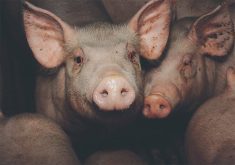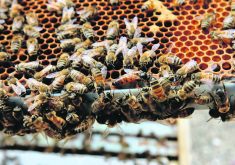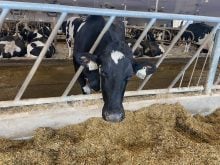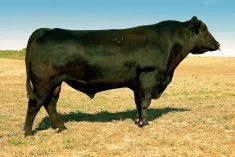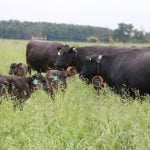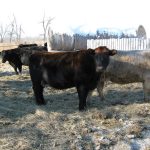Reuters / U.S. regulators are urging food producers to voluntarily stop using antibiotics in livestock for non-medical uses as part of a broad effort to prevent the rise of drug-resistant “superbugs.”
Antibiotics should only be used under the supervision of a veterinarian to prevent or treat illnesses in animals, said the USDA, which is asking companies to start phasing out the use of antibiotics for non-medical purposes such as promoting growth, a process that could take three years. The Food and Drug Administration has banned certain types of antibiotics, such as cephalosporins, for non-medical uses in livestock. Some environmental advocacy groups want it to do the same with common antibiotics like tetracyclines and penicillin.
Read Also
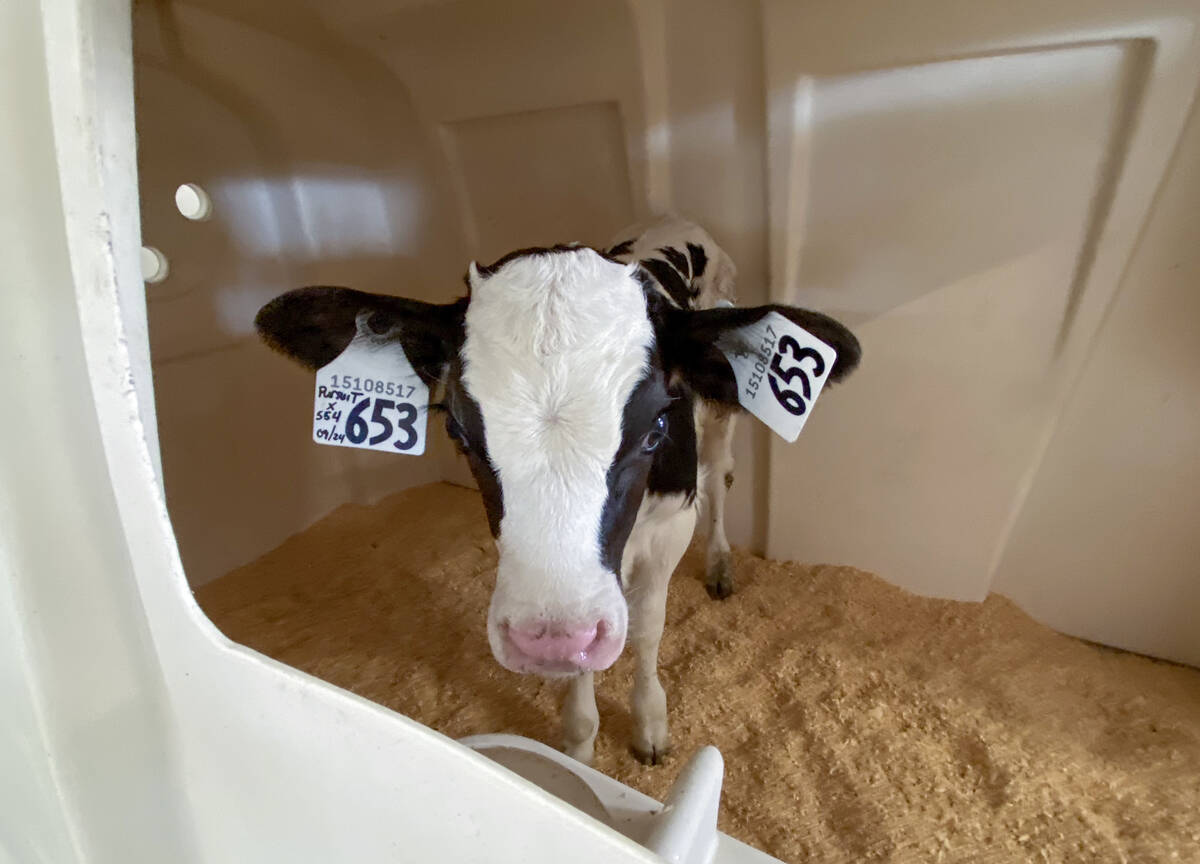
Plan toward better calves for healthier, more profitable dairy herds
Improved colostrum management, nutrition, and prevention-first health calf programs are boosting herd profitability, efficiency, and milk production.
Scientists say overuse of antibiotics — whether in people or animals — can lead to bacterial resistance as resistant strains become dominant. Perhaps the most publicized antibiotic-resistant bacteria are the methicillin-resistant staphylococcus bugs known as MRSA.
Veterinary oversight should ensure antibiotics are used properly and only when necessary, said Michael Taylor, deputy FDA commissioner for foods. However, last month a federal judge ordered the FDA to start proceedings to withdraw approval for the non-therapeutic use of some common antibiotics in animal feed, based on a lawsuit filed by environmental groups.
The FDA favours voluntary action.
“We think by virtue of the commitments companies have made… we can get to that result over the next few years rather than litigating over the next couple of decades,” Taylor said.


